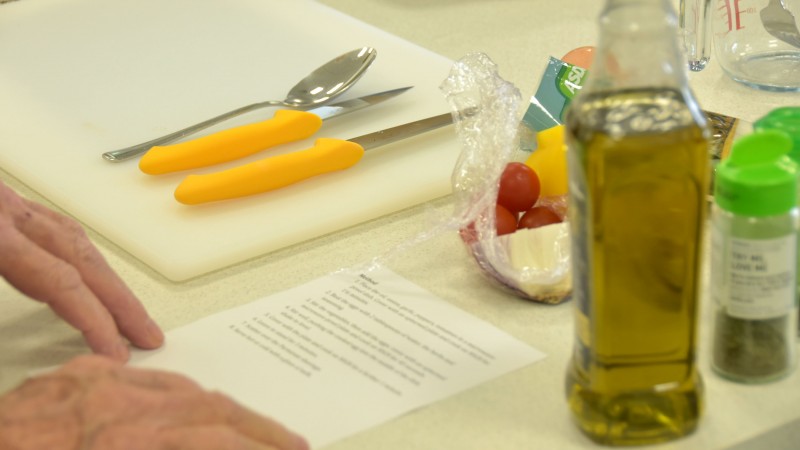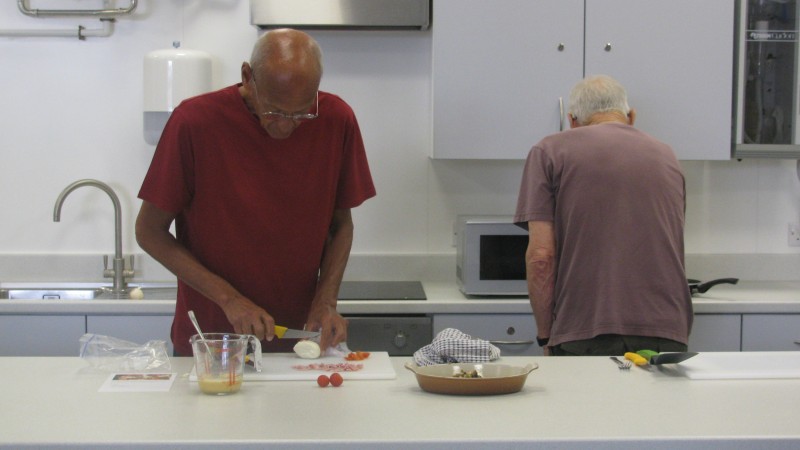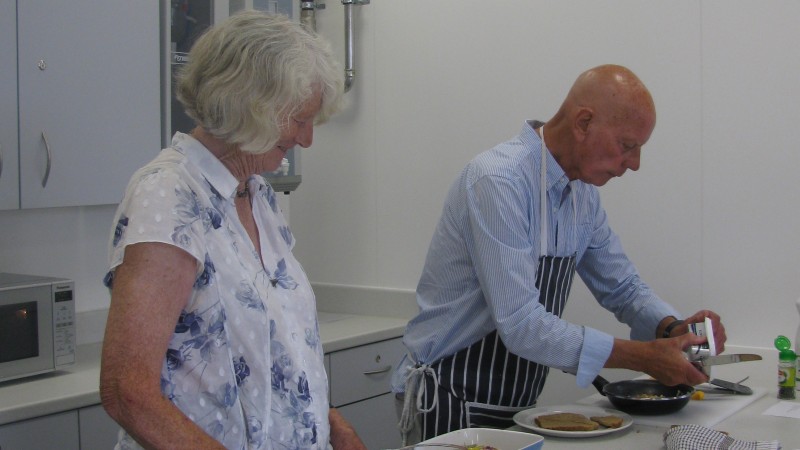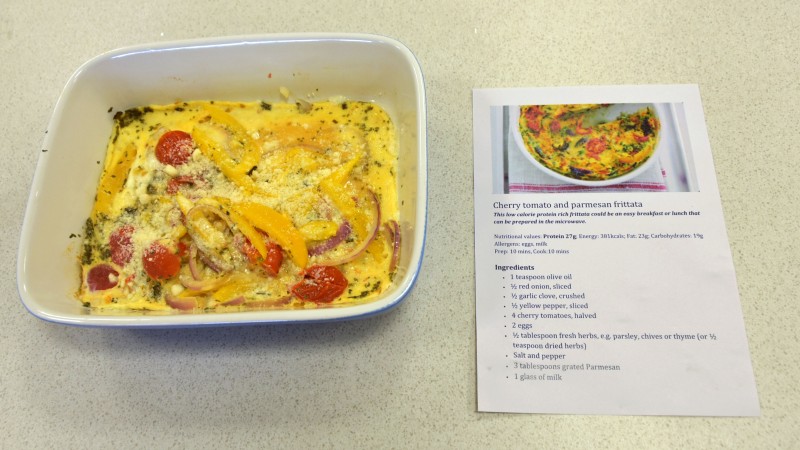Researchers at Bournemouth University (BU) have explored whether finding new and interesting ways to eat eggs could encourage older adults to consume more protein.
Protein intake is particularly important as we age, as people are less able to use the protein they eat to build muscles and perform other important biological processes.
Many protein sources – such as meat, fish and nuts – also become more difficult to eat or are expensive and time-consuming to prepare. This means people tend to eat less protein when they need more.
In a randomised control trial with 100 participants, older adults were given six high-protein egg-based recipes every fortnight for three months, along with herb and spice packets.
The study found that by providing these new ideas for high protein meals, participants who were given the recipes increased their egg intake for up to 12 weeks after the intervention.
The research was led by Dr Emmy van den Heuvel, with Professor Katherine Appleton and Professor Jane Murphy, and has been published in Public Health Nutrition.
“We know that older adults need more protein, but tend to eat less,” said Dr van den Heuvel. “Meat or nuts might be difficult to chew and it can take quite a lot of cooking skill to prepare meat or fish or other protein-rich foods.
“Eggs are a good source of protein, and are soft, they are easy to prepare, they are relatively cheap and have a long shelf-life compared to other protein rich foods, and therefore may help to increase protein intake in older adults.”
The work was part-funded by the British Egg Industry Council and recipes included a pizza omelette, a frittata, and Turkish eggs consisting of a poached egg in yoghurt with honey and spices.
The recipes were intended to increase flavour and variety in the diet and focused on breakfast meals to encourage egg and protein intake at a meal that is often low in protein.
The intervention resulted in a 20% increase in egg intake that was sustained for at least 12 weeks after the end of the recipe provision.
Low protein consumption has been found to result in increased illness and infection and increased chances of falls, fractures and hospital stays. It can also lead to reduced mobility, independence and wellbeing, and increased early death.
“With the increase in British older adults, it is increasingly important to focus on finding strategies to maintain and improve good health and wellbeing in the older population,” said Dr Van den Heuvel.
Professor Appleton added: “It is very important to find ways to increase protein intake using interventions that people can keep up at home. Our findings suggest that providing recipes and herb/spice packets to older adults can influence eating behaviour, so providing older adults with recipes could be a useful strategy to change eating behaviour on a population-wide basis."
You can read the full research paper in Public Health Nutrition







